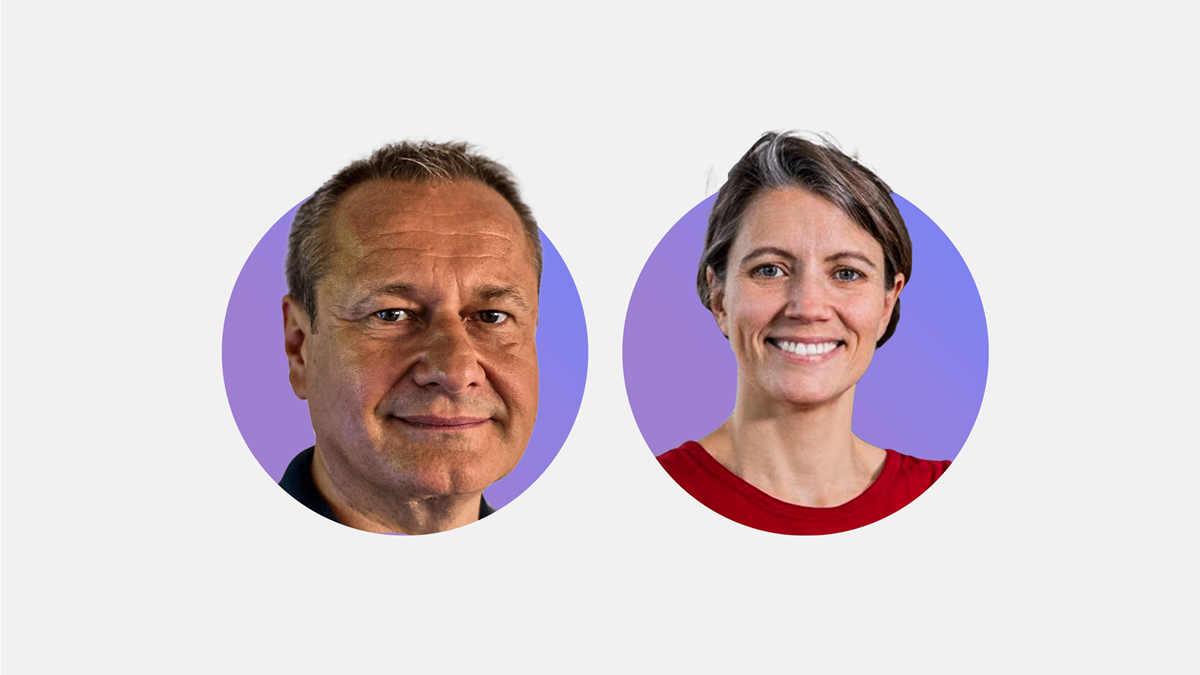Modernising technology to be more sustainable
The company is currently making the green transition from data centres to the cloud. “All our new applications are now on SaaS-based platforms, so all we have left internally are our legacy systems. We hope to complete the project by the end of the year,” explains Dunning. “Much of the tech focus has been on sustainability and being carbon-neutral in our new factory. We use a tornado air system to clean the pipes to reduce water usage, reuse heat through heat pumps, we’ve developed zero emission 50 tonne trucks to transport juice and make our own energy through solar panels and wind turbines.”
To any organisation contemplating B Corp certification and stepping up sustainability initiatives, Stephenson’s advice is to think about its staff: “It will always come down to your people. It's about equipping them with information, whether it's through Q&A sessions, webinars or informal chats. When it comes to sustainability in business, everyone is an actor, and it has to start with your people.”




